Algeria, the biggest nation in Africa, has an ideal blend of Arab, Berber, and Mediterranean cultures. With oil wealth, geopolitical location, and heightened investment in infrastructure and education, Algeria is becoming more popular as a choice for Nigerians who are looking at moving to work, study, or live permanently. While more bureaucratic than in some African nations, it can be done with advice.
1. Do Nigerians Need a Visa to Enter Algeria
Yes, Nigerians must obtain a visa before entering Algeria.
There is no visa on arrival for Nigerians.
2. Algerian Visas for Nigerians
You must apply through the Embassy of Algeria in Abuja.
Visa Types:
- Tourist Visa: Brief stays
- Business Visa: For business meetings/investments
- Work Visa: For working individuals
- Student Visa: For studies
- Family Visa: For reunions
- Temporary Residence Visa: Extendable for long stays
3. Applying for an Algerian Visa in Nigeria
Where to Apply: Embassy of Algeria Abuja Nigeria
Required Documents (General):
- Completed visa application form
- Valid Nigerian passport (6+ months)
- 2 recent passport-sized photos
- Invitation letter or purpose of visit letter
- Hotel reservation or proof of accommodation
- Return flight ticket
- Proof of sufficient funds
- Yellow fever vaccination card
- Police clearance certificate
- Application fee (varies depending on visa type)
Visa Processing Time: 7 to 21 business days
Interview may be required
4. Long-Term Stay: Work and Residence Permits
To relocate permanently, you’ll need to have a residence permit tied to your visa category.
A. Work Visa & Permit (for professionals)
Steps:
- Get employment offer from Algerian employer
- Employer makes application for work authorization from the Ministry of Labor
- Apply for work visa at the embassy
- Upon arrival, register with local Police Department for Foreigners
- Obtain a 1-year residence permit (renewable)
Required:
- Employment contract
- Diplomas and qualifications
- Police clearance
- Health certificate
Work sectors open to foreigners:
- Oil and gas
- Construction and infrastructure
- Teaching (especially English/French)
- Engineering and telecommunications
B. Student Visa & Residence
Steps:
- Receive admission in Algerian institution
- Receive confirmation letter
- Apply for student visa
- After arrival, register with immigration for student residence permit
- You may also be entitled to limited work rights as a student.
C. Family/Spouse Visa
If spouse or parent has legal residence, you can apply for family reunification visa and residence.
5. Cost of Living in Algeria
- Major cities: Algiers (capital), Oran, Constantine
- Monthly Costs: Rent (1-bedroom): ₦150,000–₦350,000
- Utilities & internet: ₦40,000–₦60,000
- Transportation (affordable): ₦10,000–₦20,000
- Food (local): Affordable
- Imported goods: Expensive
Algeria is affordable for Nigerians accustomed to high Lagos or Abuja prices.
6. Healthcare and Education
- Public healthcare is accessible for free to residents but private hospitals offer quality services (paid).
- Universities in Algeria offer instruction in Arabic and French with some postgraduate study taught in English.
There are international schools available in Algiers.
7. Banking and Money
- Currency: Algerian Dinar (DZD)
- Foreigners are allowed to open a local bank account with a residence permit
- Money transfer facilities: Western Union, MoneyGram
- ATM facilities are widespread but primarily in city centers
8. Language and Culture
- Official Languages: Berber and Arabic
- Widely Spoken: French
- English: Not widely spoken
Tip: Learning a little French or Arabic is necessary to survive and blend in.
Culture Highlights:
- Conservative Muslim society
- Friday is the primary day of rest
- Dress modestly, particularly away from major cities
9. Safety and Legal Tips
- Algeria is relatively safe, but steer clear of desert areas along Libyan and Malian borders
- Always carry your ID/residence permit
- Register at the Nigerian Embassy in Algiers
- Alcohol is banned and prohibited in public
10. Nigerian Community in Algeria
There is a small but growing Nigerian diaspora in Algeria, mainly students and oil workers. Cultural events are sometimes held at the Nigerian embassy.
Joining Algeria as a Nigerian is more paperwork but offers long-term gain in career advancement, learning, and exposure to culture. Strategically positioned and having an emerging economy, Algeria is an option for professionals and academics ready to adapt to its conservative but captivating environment.


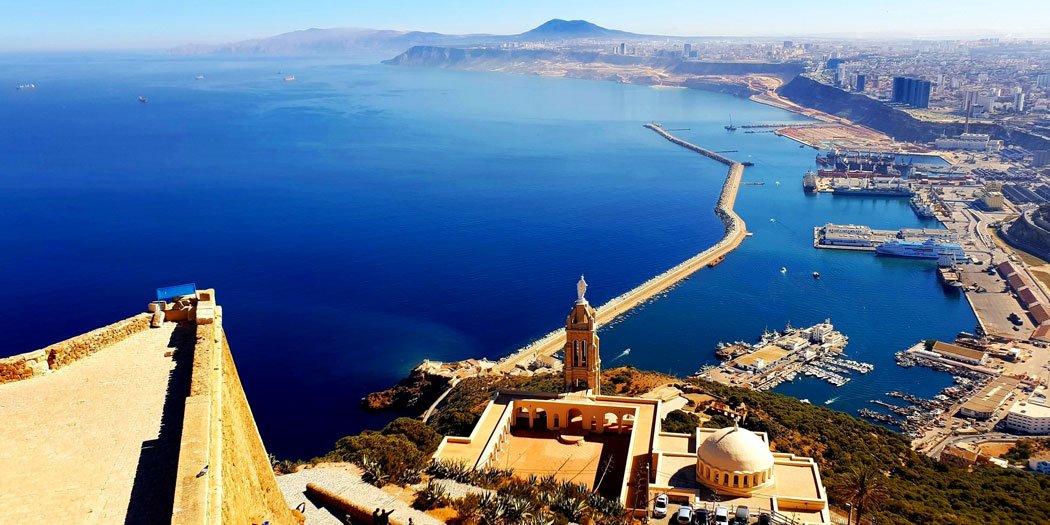
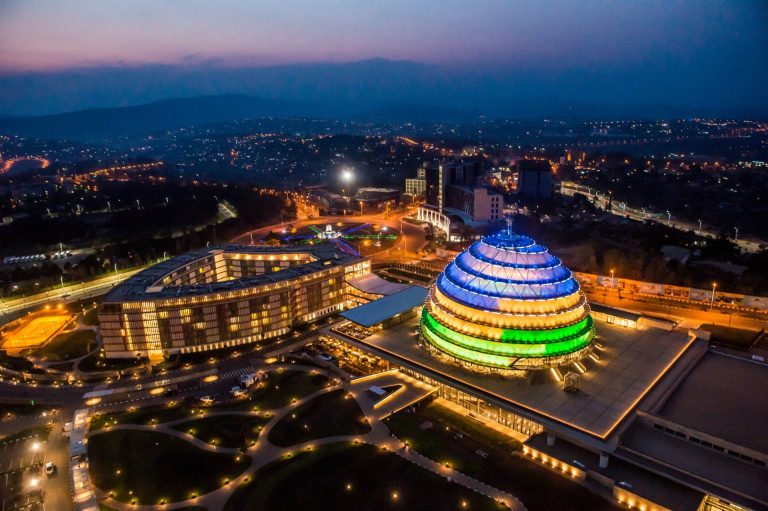
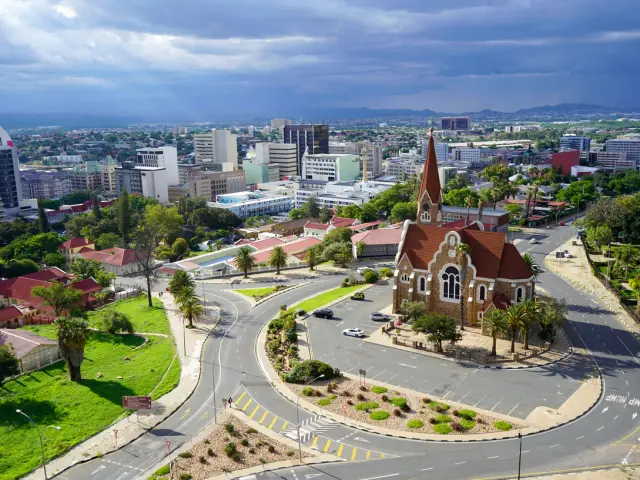
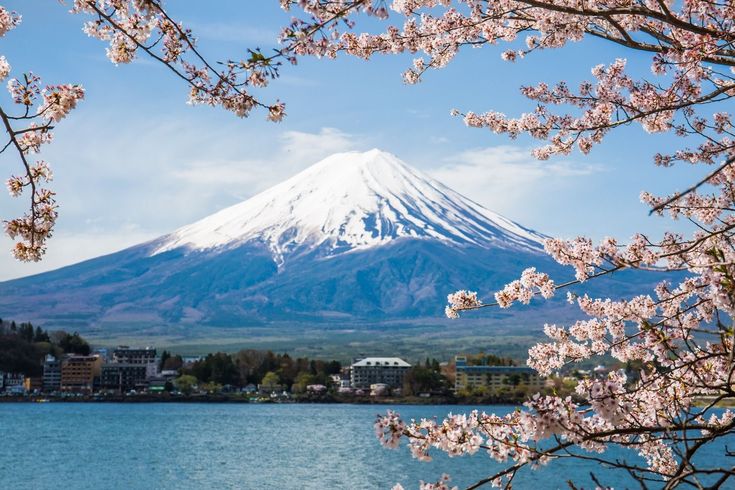
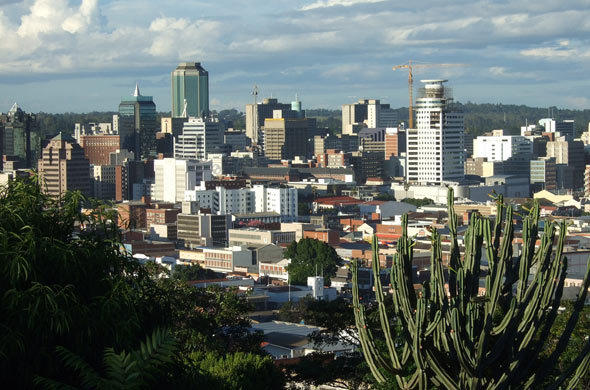
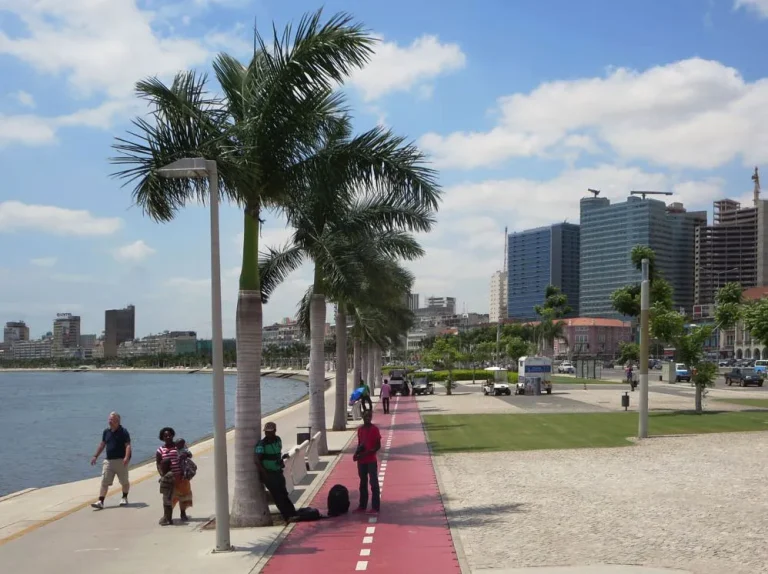

Leave a Comment